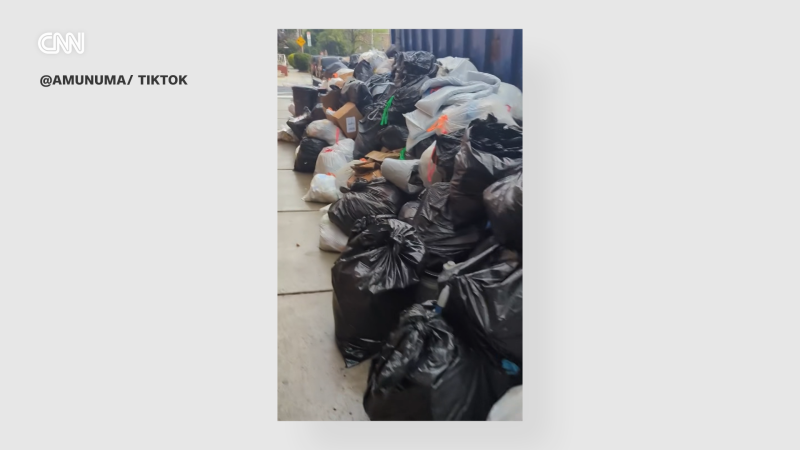
Philadelphia is grappling with a significant sanitation crisis as one of its largest city worker unions has initiated a strike demanding higher wages and more comprehensive benefits. The strike, which began earlier this week, has resulted in mounting piles of garbage in the streets, raising public health concerns and drawing widespread attention.
The strike involves thousands of municipal workers, including those responsible for waste collection, who argue that their current compensation does not reflect the rising cost of living in the city. As negotiations with city officials remain at an impasse, the visible impact of the strike is becoming increasingly difficult to ignore.
Background and Context
The labor dispute comes at a time when cities across the United States are facing similar challenges. Rising inflation and heightened living costs have prompted many public sector employees to push for better pay and working conditions. In Philadelphia, union leaders have emphasized that their demands are not just about wages but also about securing more robust benefits for their members.
Historically, labor strikes in Philadelphia have had significant impacts on city operations. The last major strike of this nature occurred in 2009, which lasted for several weeks and led to similar disruptions in city services. This current strike, however, is compounded by the ongoing economic pressures exacerbated by the COVID-19 pandemic.
Public Reaction and Health Concerns
As trash continues to accumulate, residents are voicing their frustrations. Many are concerned about the potential health risks associated with the overflowing garbage, particularly the attraction of pests and the spread of disease. Local businesses, especially those in the food industry, are also feeling the strain as the unsightly and unsanitary conditions deter customers.
City officials have urged residents to be patient while negotiations continue. However, the lack of a clear resolution timeline is causing anxiety among the populace. Meanwhile, some community groups have taken it upon themselves to organize volunteer clean-up efforts, though these are only temporary solutions.
Expert Opinions and Economic Implications
Experts in labor relations suggest that the strike highlights broader systemic issues within public sector employment. Dr. Linda Harris, a professor of labor studies at the University of Pennsylvania, notes,
“This strike is a symptom of a larger problem. Public sector wages have not kept pace with inflation, and workers are increasingly feeling the pinch.”
The economic implications of the strike are also significant. According to a report by the Philadelphia Chamber of Commerce, prolonged disruptions in city services could lead to economic losses in the millions, particularly if businesses are forced to close or reduce operations due to sanitation concerns.
Looking Ahead: Potential Resolutions
The city administration has indicated that it is committed to finding a resolution that balances the needs of its workers with the fiscal realities of the city’s budget. However, with both sides currently at a stalemate, it remains unclear how soon an agreement can be reached.
In the meantime, the situation underscores the need for sustainable solutions to labor disputes that consider both economic constraints and the well-being of public sector workers. As negotiations continue, residents and businesses alike are hoping for a swift resolution to restore normalcy to Philadelphia’s streets.
The outcome of this strike could set a precedent for other cities facing similar challenges, making it a critical issue not just for Philadelphia, but for municipalities nationwide.




